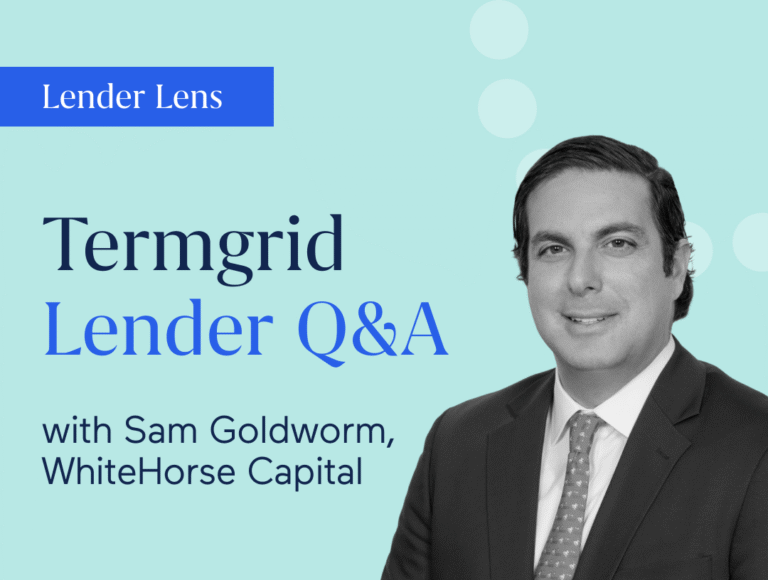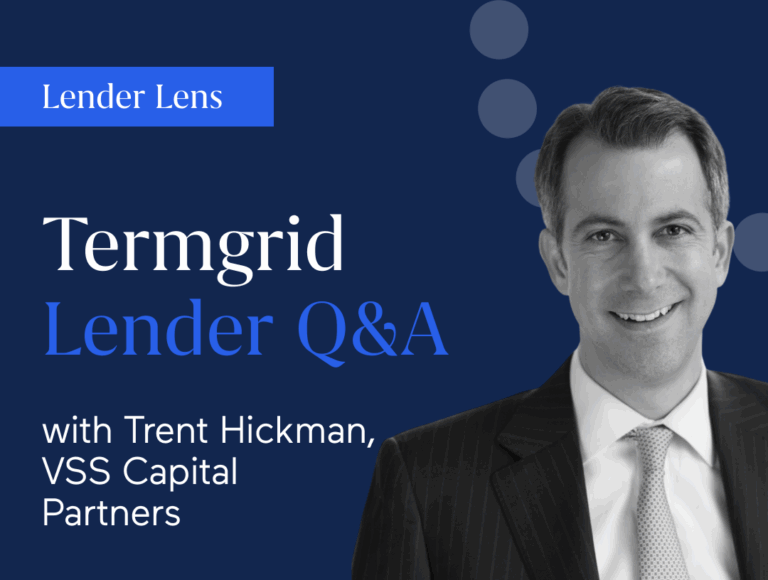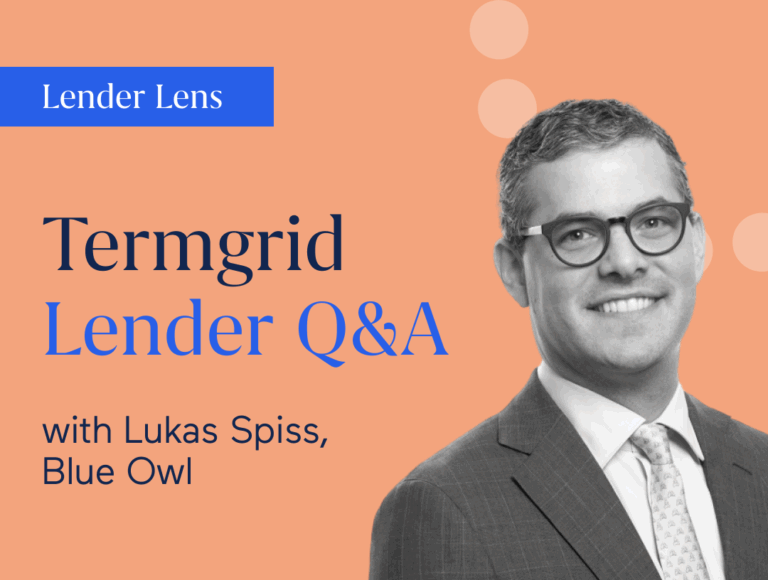Welcome to Lender Lens, our series for profiling leaders in the Lender community.
With private credit playing an increasingly important role in the financial system, we wanted to find out how lenders are navigating the evolving landscape and how they assess the market in the coming years.
Over the past 15 years, Gravis Capital Management has evolved from a focused infrastructure investor into a trusted name in alternative credit, offering bespoke strategies that blend resilience, impact, and long-term value.
In this conversation, we speak with Albane Poulin, Head of Private Credit at Gravis about how Gravis is navigating rising investor demand for income uncorrelated to traditional markets, the firm’s expanding role in private credit, and why sectors like energy transition and digital infrastructure continue to offer some of the most compelling opportunities today.
She also reflects on the firm’s ESG philosophy — and offers a few personal notes on life between London and her French roots.

What is Gravis Capital Management’s investment expertise and how has that evolved over the past 15 years?
Gravis was founded with a strong focus on infrastructure and real assets that are critical to the functioning of modern society. These areas offer long-term, stable cash flows and a degree of insulation from market volatility. Over the past 15 years since our first investment company had its IPO, we have evolved to include a wider set of innovative strategies designed to tailor solutions that meet different client objectives in terms of liquidity, diversification and risk-return profiles.
Investor appetite for resilient income streams that are uncorrelated to traditional equity markets has continued to grow and today, Gravis is not just an infrastructure specialist but a trusted manager across alternative credit, that is known for a solid track-record in structuring complex and compelling transactions, transparency, and impact-aware investing.
How does Gravis differentiate itself from other infrastructure and alternative credit investors?
Our differentiation lies in three areas: fundamentals, flexibility, and focus.
We operate with a high-conviction, bottom-up approach, focusing on essential sectors, such as energy transition, healthcare, education, and digital infrastructure, where we can align long-term capital with real economic value.
Secondly, we are agile and can tailor investment structures and underwriting criteria to meet both borrower needs and investor risk-return objectives – something that can be harder for larger institutions. We have established a 15-year track record of being an early mover into new sectors when they are less competitive, allowing us to generate higher returns.
We invest strategically across the capital structure, from senior debt to mezzanine or equity, based on asset characteristics and sector dynamics. Our bespoke financial solutions are tailored to align with the unique risk profile of each asset. Our flexibility allows us to optimise risk-adjusted returns and capture illiquidity premiums.
Finally, we integrate ESG throughout our process. Our investment philosophy combines financial prudence with a commitment to outcomes that benefit stakeholders and communities. The energy transition presents a substantial pipeline of diverse, attractive, and resilient investment opportunities. Infrastructure assets are essential to society, and energy transition assets continue to benefit overall from supportive public policies, presenting a compelling case for investors. Uncorrelated with broader economic cycles, it offers regular and long-term income (with inflation protection). This is why infrastructure should be a cornerstone of diversified portfolios.
What sectors or asset classes are you most bullish on in the current macroeconomic environment?
In this environment, which is marked by high rates, geopolitical uncertainty, and a push toward decarbonisation, we are particularly bullish on infrastructure, especially in sectors like renewable energy, energy efficiency, digital infrastructure, and social infrastructure.
These sectors benefit from long-term policy support, resilient demand, and often inflation-linked revenues. We see compelling opportunities in smaller-scale projects that might be too niche for larger lenders, but which offer strong fundamentals and attractive pricing.
As banks retrench and regulation tightens, we believe private credit will play a growing role in bridging financing gaps, especially in real asset-heavy sectors where deep expertise is required.
How do you balance ESG integration with return expectations, especially when evaluating infrastructure or private credit investments?
We lend to assets that drive the transition to net zero while generating positive social impact within economies. Our investment journey began 15 years ago with rooftop solar and has since expanded to include onshore wind, biomass, anaerobic digestion, care homes, geothermal projects, supported living, and, more recently, EV chargers, electric vehicles, gas peaker plants, and battery energy storage. Each of these sectors embodies strong ESG principles.
To us, ESG and returns aren’t in conflict — they are interconnected. A well-run project with strong environmental and social governance is less likely to suffer regulatory, reputational, or operational setbacks. So, ESG isn’t just a label or marketing tool. It’s part of our risk management and value creation toolkit.
In private credit, we often have more influence than equity investors think. We structure and arrange deals ourselves and are often the sole lender. We can request specific covenants, reporting requirements, and have strong engagement with borrowers. We integrate ESG into due diligence, pricing, and monitoring, ensuring that we’re not just avoiding risks but actively supporting improvements where needed.
What do you miss most about France—or what’s something uniquely French you always carry with you, even in London?
I have been living here for so long that London truly feels like home. In fact, it sometimes feels like a little French village. There was even a time when politicians jokingly called London “France’s sixth-largest city.” But setting the joke aside, what I probably miss most is browsing the local, independent shops back in France. They tend to be more authentic and charming compared to the high-street stores here, which often leads me to just shop online instead. I also miss the classic family gathering on Sunday lunchtimes.
What is uniquely French about me? I am not really the classic French person as I don’t eat bread or cheese, but I like good Bordeaux wine!
Stay in touch with all of our latest updates and articles. Sign up now.



